The United States is considering a major departure from its traditional visa framework: replacing the “duration of status” model with fixed-term student visas. This change could reshape the lives of international students and alter the dynamics of higher education in cities from Boston to Los Angeles.
Understanding the Current Duration of Status
Under the existing system, international students on F-1 visas remain in legal status as long as they are enrolled full-time, progress academically, and follow employment rules. This approach offers flexibility, providing continuity for students in university towns like Ann Arbor or major hubs such as New York City.
What Fixed-Term Visas Would Entail
Fixed-term visas would come with a predetermined expiration date, usually tied to the academic program listed on the I-20 form. Regardless of ongoing enrollment, the visa would expire at that time. Students would be required to apply for extensions or adjust their status to remain legally present.
Academic Life and Planning Challenges
Universities in San Francisco, Philadelphia, and Chicago face potential complications. Research programs, co-op placements, and part-time enrollments might clash with rigid visa dates. Students who take leaves of absence or extend their studies could find themselves facing sudden expiration deadlines, creating uncertainty amid already complex academic planning.
Emotional Pressure on Students
For many students, the policy shift represents more than paperwork. A student from Mumbai studying in Seattle could face heightened stress worrying about renewals, missed deadlines, or bureaucratic hurdles. Balancing these concerns alongside academic rigor and cultural adjustment could magnify anxiety, diminishing the overall experience of studying in the U.S.
Universities Under Pressure
Institutions from Palo Alto’s technology-driven campuses to Midwest liberal arts colleges would need to expand international student services. Advising offices, immigration legal aid, and administrative staff would require more resources. In Miami and Houston, where international enrollment is high, universities could face significant logistical strain coordinating with government agencies.
Economic Ripple Effects
International students contribute billions to local economies. In Ann Arbor, their spending supports housing, restaurants, and cultural venues. Boston, San Diego, and other education hubs rely on this influx. If fixed-term visas discourage applications, these regions could face declines in economic vitality tied directly to international student participation.
The Global Competition for Talent
Top universities in Cambridge and Los Angeles compete with institutions abroad. Countries like Canada, the UK, and Australia already offer streamlined student pathways that often extend into residency options. A restrictive U.S. model could divert top talent elsewhere, weakening America’s academic influence and long-standing reputation as a global magnet for education.
Policymakers’ Case for the Change
Supporters argue that fixed-term visas make oversight more straightforward. They allow government agencies to monitor population numbers and visa compliance more easily. Predictable expiration cycles simplify data management, reduce undocumented overstays, and provide universities with clearer enrollment metrics, potentially aiding in program planning and institutional forecasting.
The Trade-Off Between Efficiency and Burden
While efficiency is a benefit, the trade-off is substantial. Students may feel more pressure, universities could bear heavier administrative costs, and local economies might lose out. Policymakers must weigh the value of streamlined oversight against the disruptions and anxieties imposed on international students and academic communities.
Exploring Balanced Solutions
One compromise could involve fixed-term visas with built-in grace periods. For example, a buffer after graduation could allow job searches or practical training opportunities. Universities in Minneapolis and Denver, working with advocacy groups and federal agencies, could help design policies that ensure oversight while preserving flexibility and student well-being.
Sustaining America’s Appeal
The U.S. must remain competitive in attracting international talent. Fixed-term visas may provide structure, but without careful implementation, they risk deterring applicants. Ensuring students feel supported—with adequate advisory services, flexibility for academic realities, and post-graduation opportunities—will be critical to preserving America’s role as a leading destination for global education.
A Delicate Balance Ahead
The proposed fixed-term visa policy represents both opportunity and risk. Done well, it could enhance oversight while protecting student success. Done poorly, it could erode trust and drive talent away. To keep Boston, Austin, and Seattle as global academic destinations, collaboration and foresight will be essential in shaping the future.

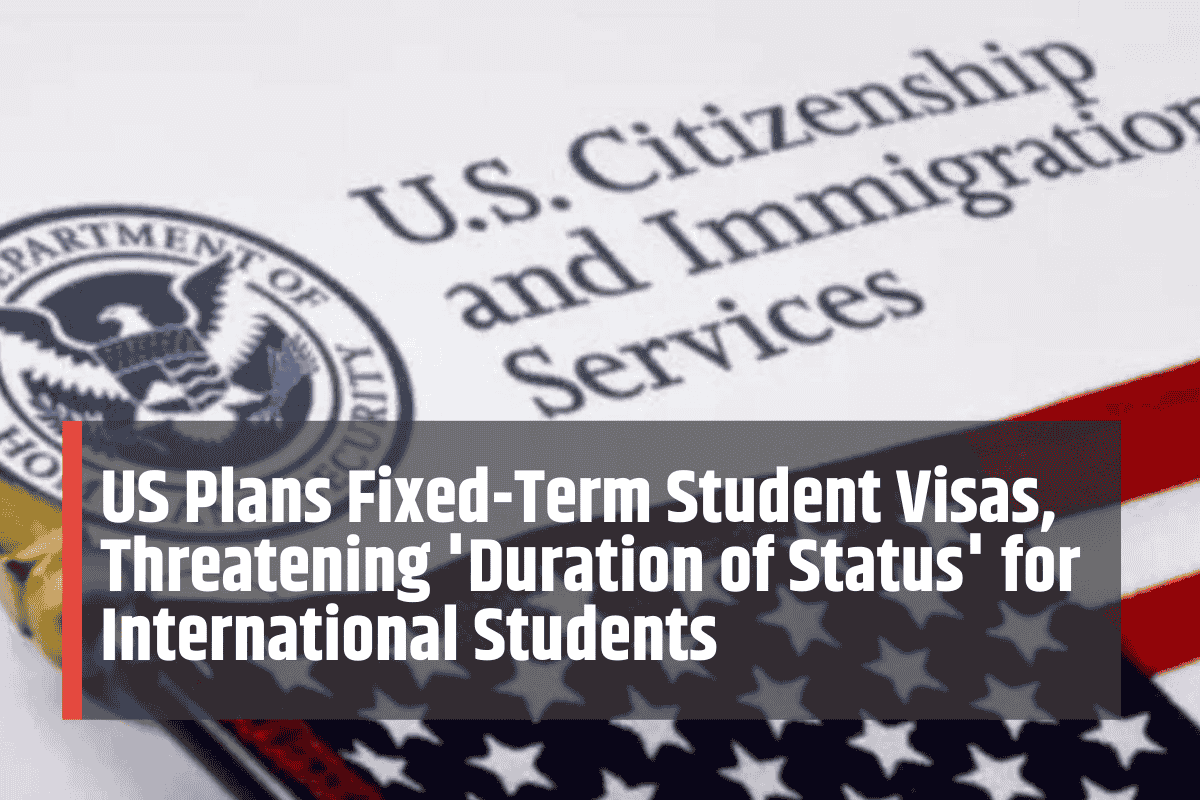
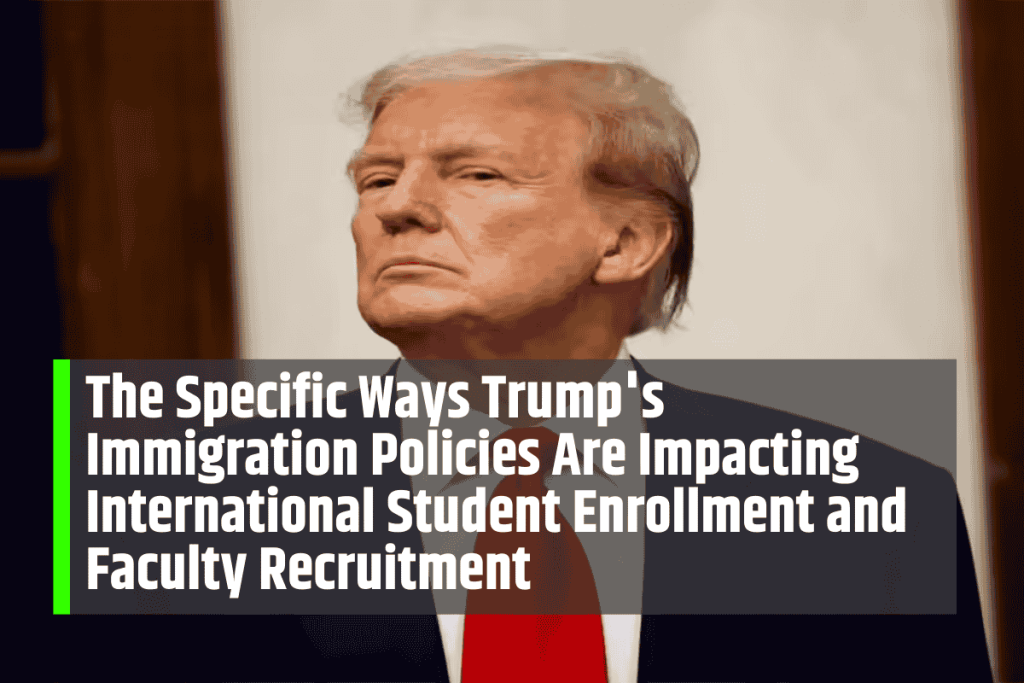

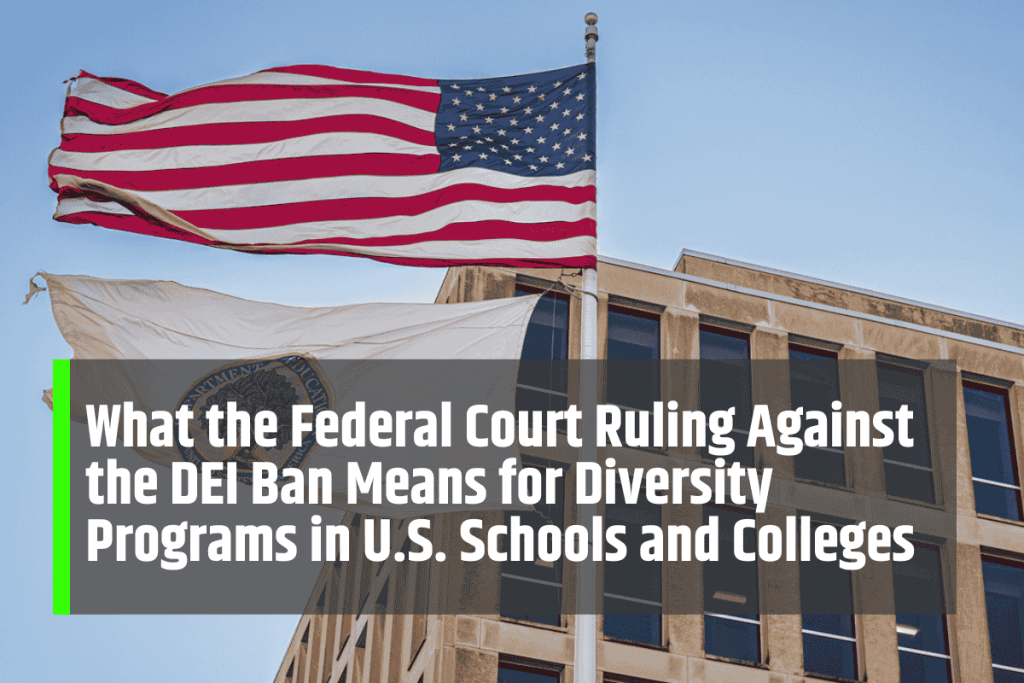
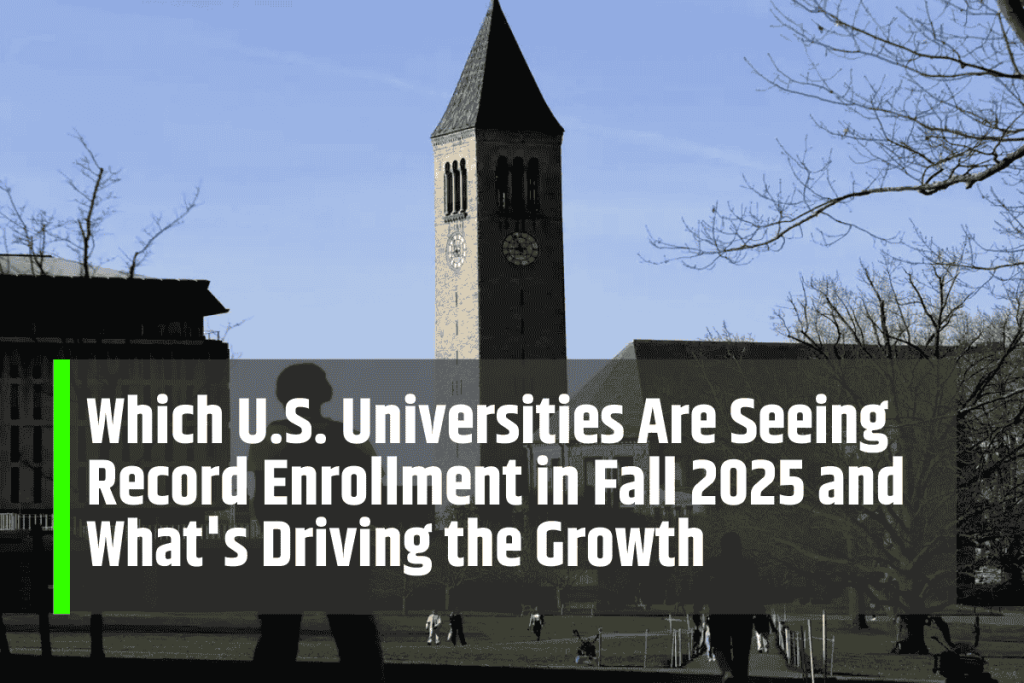
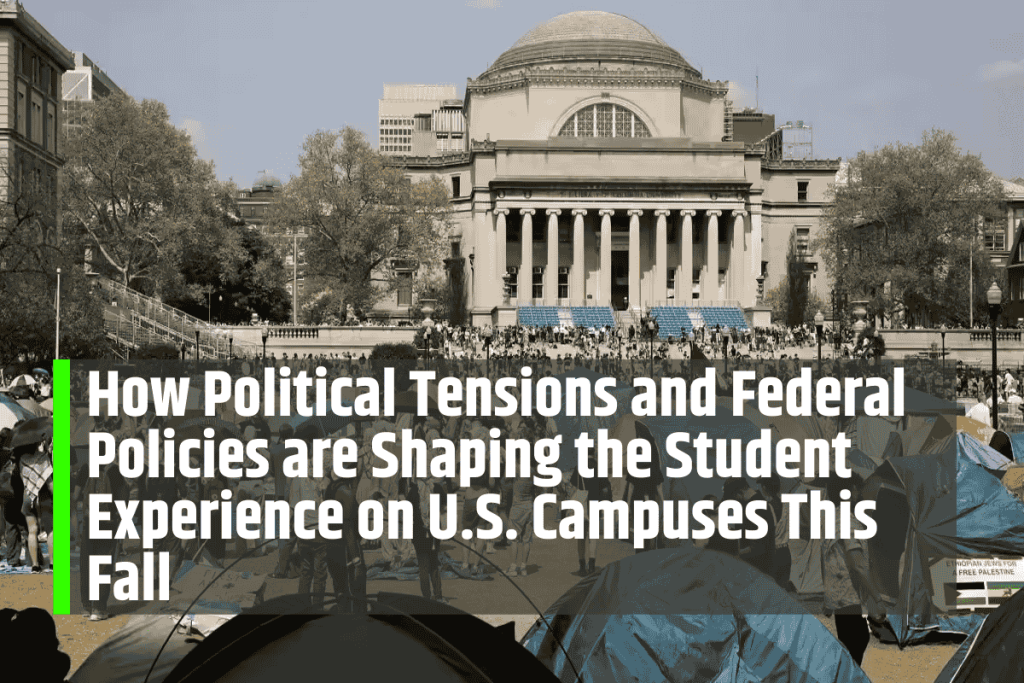
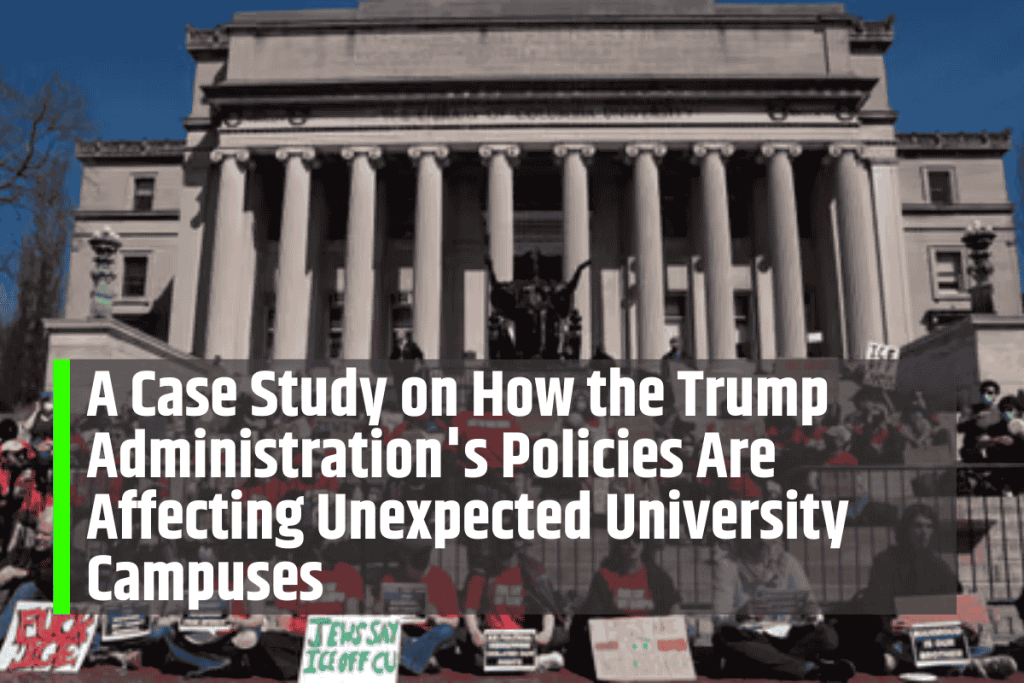
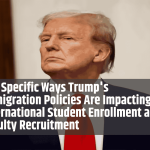

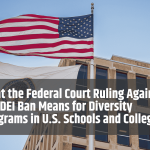
Leave a Comment